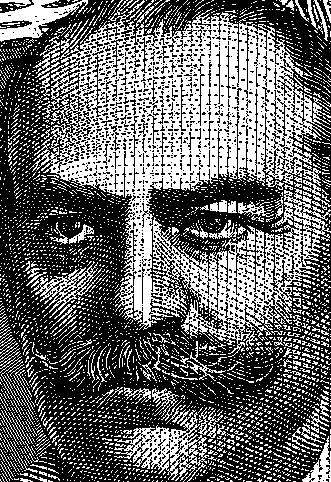Chalmers seeks GST calm
 New South Wales wants to change Australia’s “absurd” GST distribution.
New South Wales wants to change Australia’s “absurd” GST distribution.
NSW Treasurer, Daniel Mookhey, has put other states and territories “on notice”, indicating a challenge to the current multi-billion-dollar GST carve-up that has sparked debate among Labor leaders.
The initiative comes in the wake of discussions with federal Treasurer Jim Chalmers, following which Mr Mookhey voiced concerns over NSW being shortchanged by $310 million in this year's GST distribution, contrasting sharply with Victoria's $3.7 billion increase.
The independent Commonwealth Grants Commission (CGC) has been at the heart of NSW's grievances, accused of disproportionately allocating funds and thereby disadvantaging NSW.
The GST revenue sharing relativities report was released by the Commonwealth Grants Commission last week.
In an effort to address these concerns, Mr Mookhey proposed significant reforms to the CGC's operational framework.
These include updates covering four-year budget estimates rather than annual deliberations, draft determinations that align with states' half-yearly financial review cycles, and improved transparency through data sharing on service delivery costs.
The call for change has not been without its drama, including a fiscal spat between NSW and Victoria, highlighting the tension between states over the GST distribution.
NSW Premier Chris Minns criticised the current system as “absurd”, and claiming it has unfairly benefited Victoria at the expense of NSW, branding Victoria a “welfare state”.
Despite these tensions, federal leaders have urged calm, stressing the importance of cooperation among states.
Before Friday’s meeting, Deputy Liberal leader Sussan Ley suggested toning down the rhetoric, while Education Minister Jason Clare reminded that the GST allocation, determined by the CGC, is independent of political influence.
Federal Treasurer Jim Chalmers, acknowledging the annual discord GST decisions provoke, has emphasised the process's independence and the government's recognition of state budget pressures.
He also highlighted the need for states to work together, particularly in the face of shared financial challenges.







 Print
Print